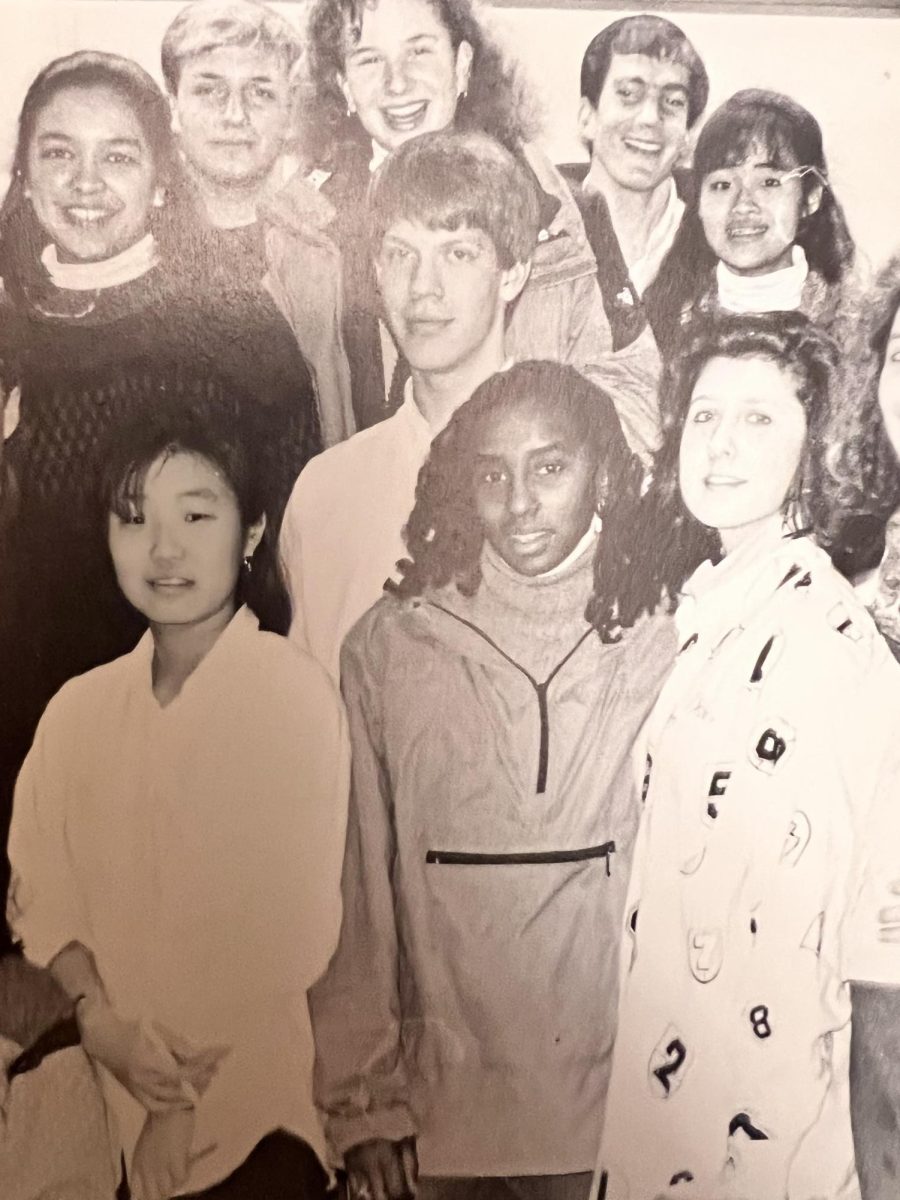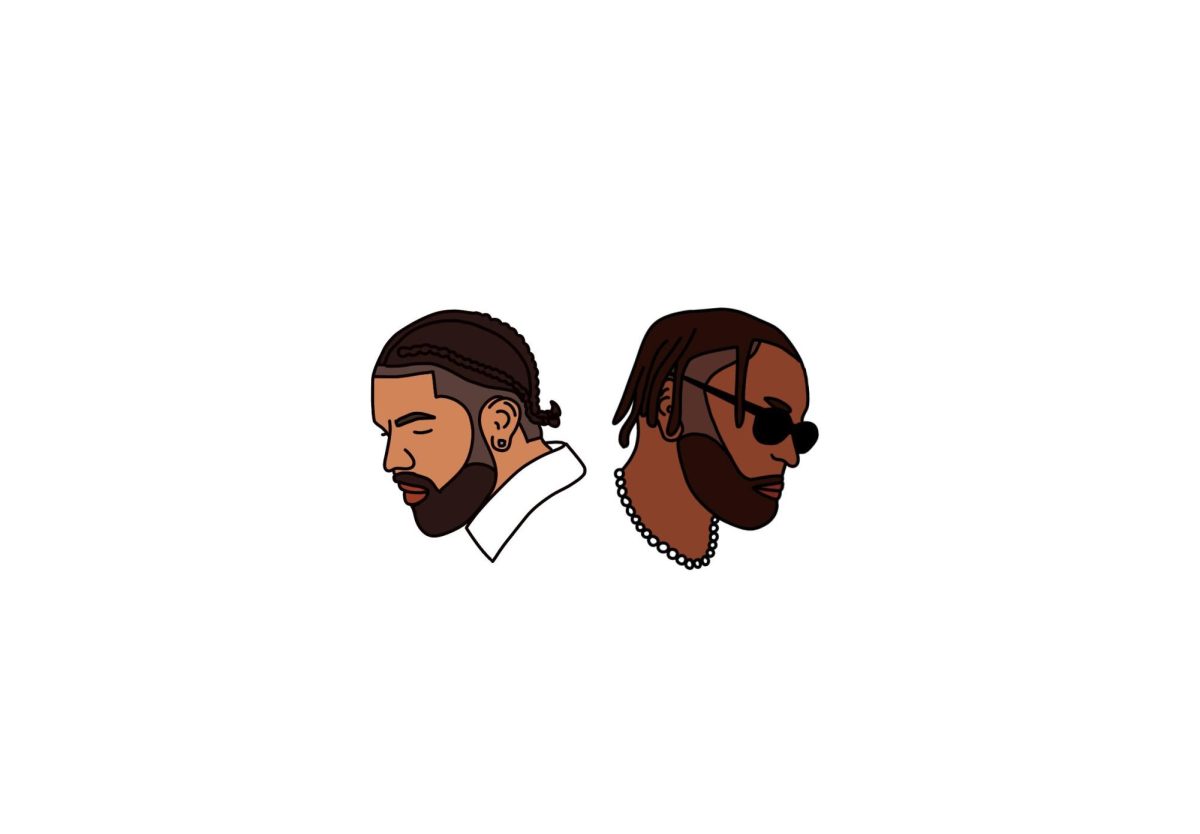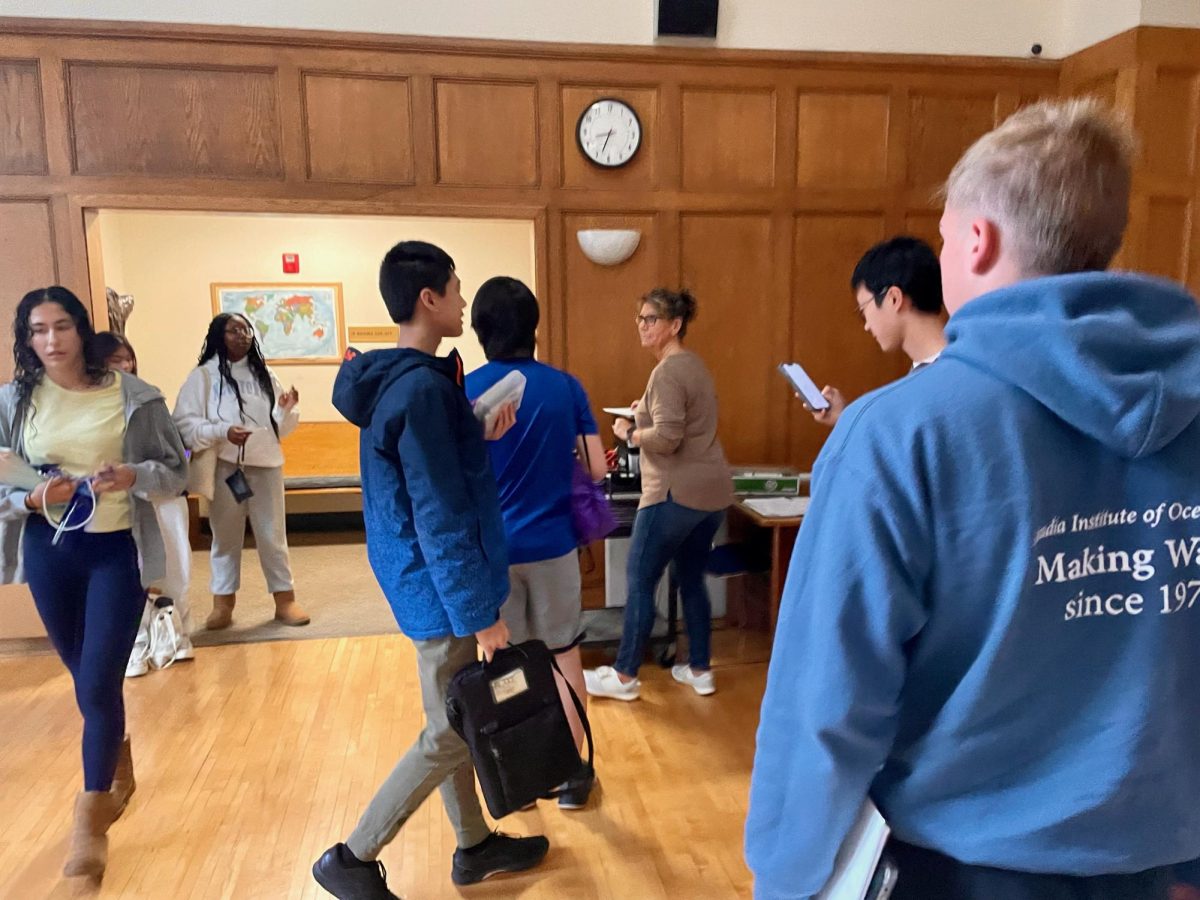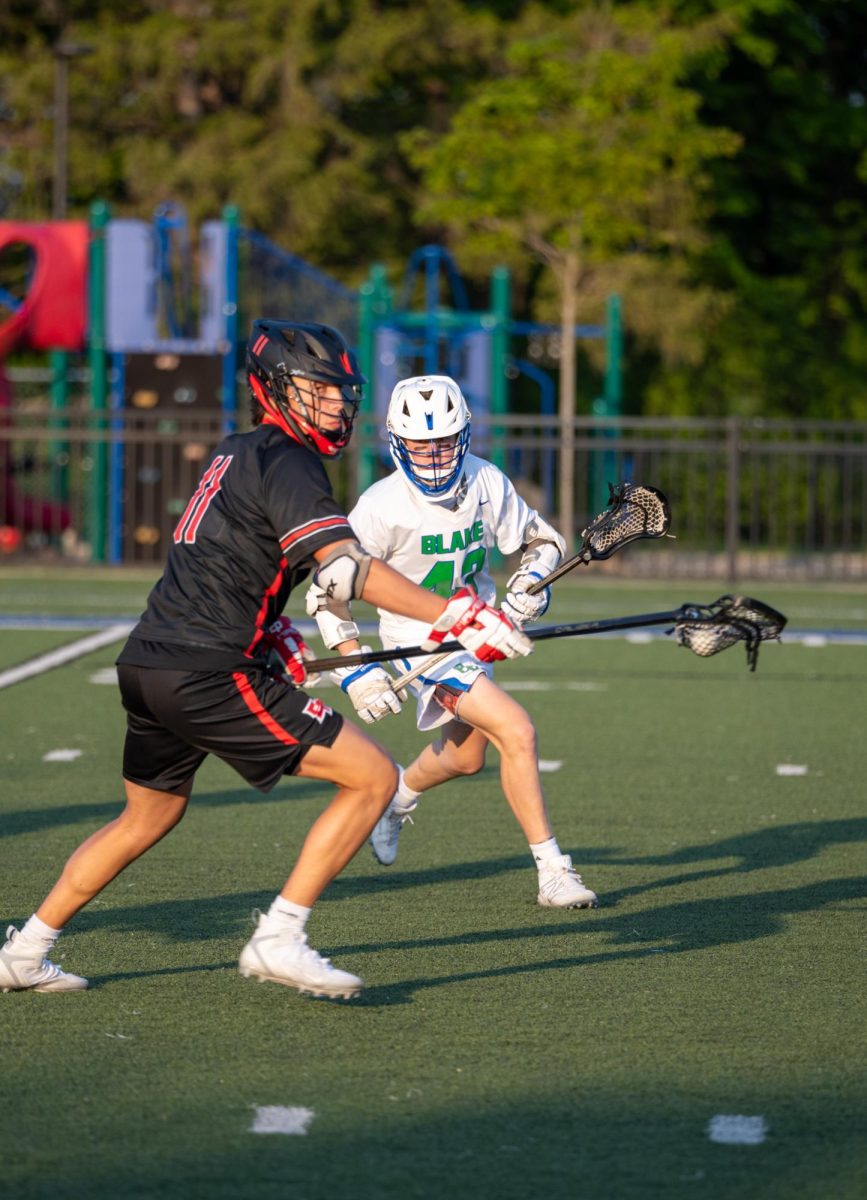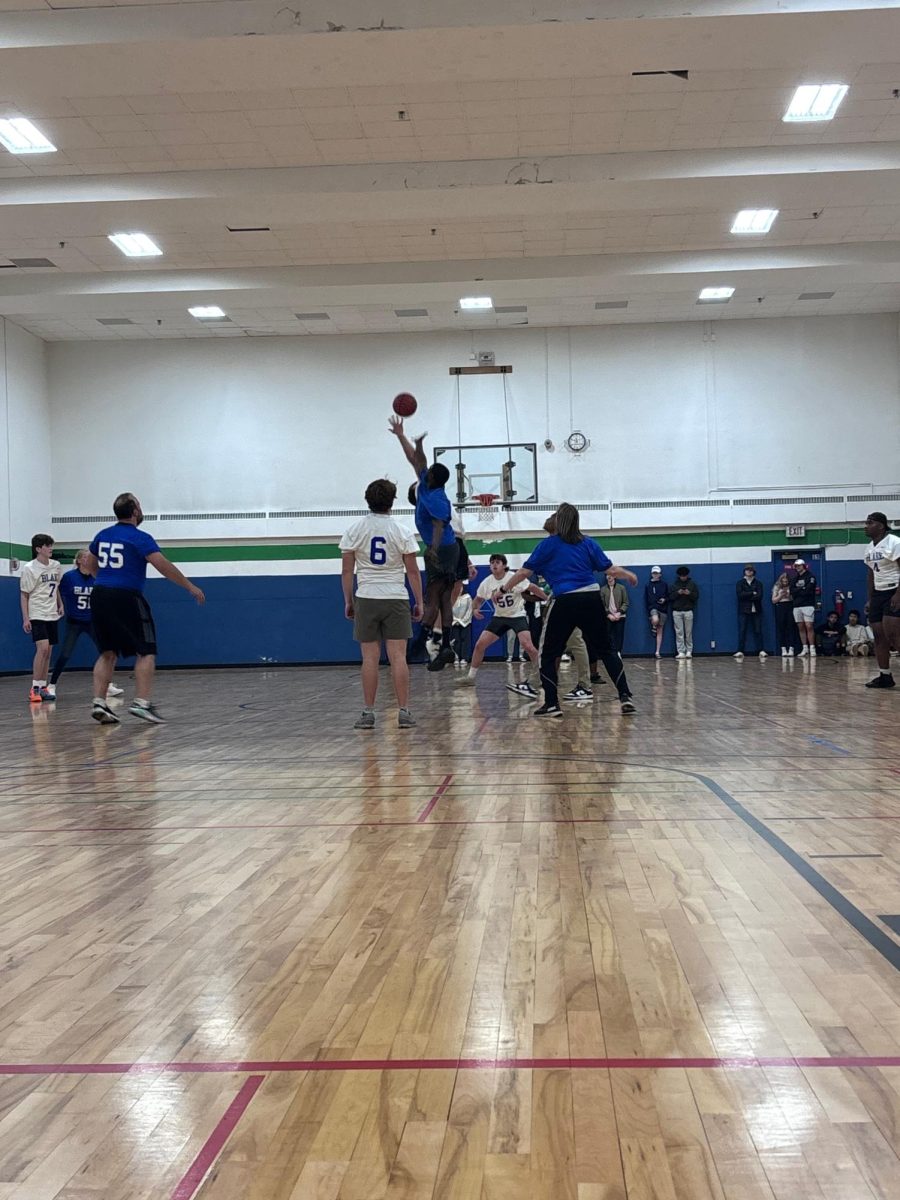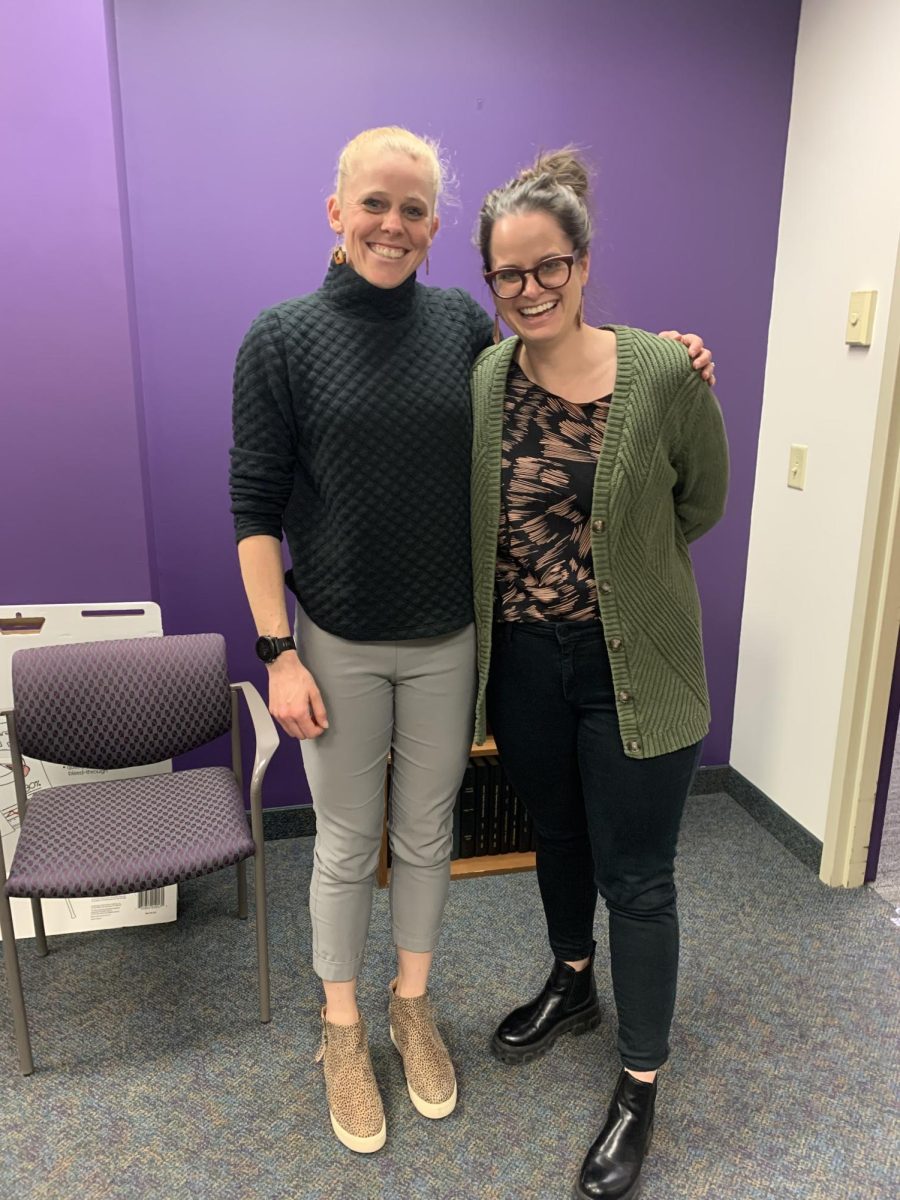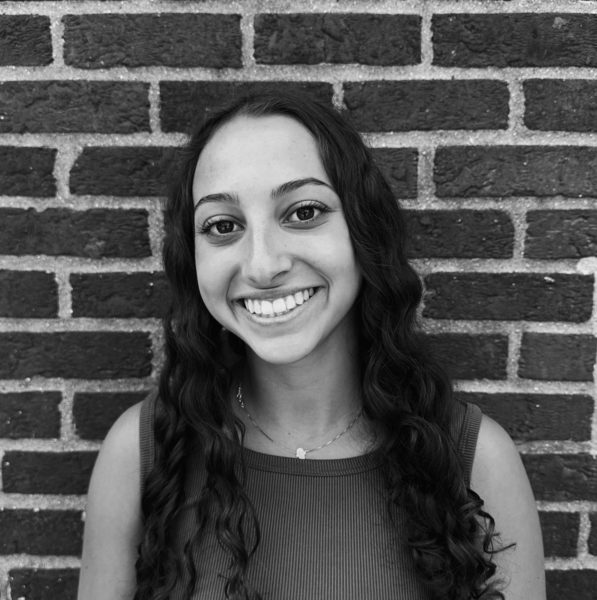Claudine Gay, previous president of Harvard, was pressured to resign from her position due to findings of poorly handling questions about anti-semitism on campus as well as plagiarism. Gay was the first Black and the second female president, but, unfortunately, her presidency became the shortest term in Harvard history.
But before just making the assumption that Gay’s resignation and actions make her a bad person, it is important to figure out who she was as a person and learn her whole story. I believe that Gay was forced into the position to answer questions she wasn’t prepared for, made the mistake of not answering a question specifically enough, and then received so much backlash that she had to leave. Jim Mahoney, Associate Director of College Counseling, was a freshman at Exeter Academy in New Hampshire, while Gay was a senior. Although Mahoney didn’t have a personal relationship with her in high school, he said that everyone knew and admired her; She was “universally respected.” Her recent actions “didn’t reflect the person that she is.” Being the president of Harvard is a huge role because each of the colleges watch and are influenced significantly by it, creating a much bigger outburst of rage than if it were a different school. Mahoney noted, prior to the hearing, three college presidents had been invited, but Colombia’s president declined the invitation because he felt a trap being laid upon them. Unfortunately for Gay, she fell directly into the trap and didn’t directly answer a question explaining whether certain actions/comments were against Harvard’s regulations. Even as a student who has been heavily impacted by the events that began on October 7th, I still believe that the Gay’s indirectness was unintentional, catching her off guard; she hadn’t been prepared to ask a question that not only responds to the safety of students at school and free speech, but also toward a conflict that has been spiraling for more than 50 years. Mahoney explains, “It’s a very fraught time right now, there’s a lot of tension about this. It’s gonna get easier. This question of Palestine and Israel and Gaza has confounded people since 1947. But, the fact that this is being brought to colleges and this movement is saying ‘you aren’t protecting your students.’ What does that look like and how does that feel? Is free speech more important than a student who feels vulnerable?”
Because of Harvard’s academic distinction, Gay’s actions will likely not impact the long term reputation of Harvard. After Harvard’s statistics came out that early action was down 17%, people were eager to blame Gay. But, the deadline for Harvard was Nov. 1 and Gay’s hearing occurred more than a month later, on Dec. 5. Gay was not the only college president who made poor statements about the anti-semitism on campus, yet she received the most punishment. Oftentimes, when situations force a president to make a statement, they back away and claim they prize free speech. Colleges have to consider how far they draw the line with their support of free speech and the ways to support their students.
“Every college has to ask themselves what it means to support students who are vulnerable. Whether that means they’re Jewish or students of color, [whether] they’re marginalized because of sexual preference, or poverty, I think colleges do work hard at that stuff and maybe there’s more that they can do,” explains Mahoney. Currently in the world, everyone is extremely divided politically.Each college has a different way of approaching political conversations occurring, and some better than others. Gay wrote an article about her resignation, stating that during the hearing she made a huge mistake, and she didn’t clearly express the anti-semitic comments on campus. Mahoney emphasizes the importance of acknowledging that all humans make mistakes, and one should assume the best intentions from a person. “We’re all people. So if you can assume or expect that someone’s intentions are not to hurt you, then you can have a conversation about difference.”


